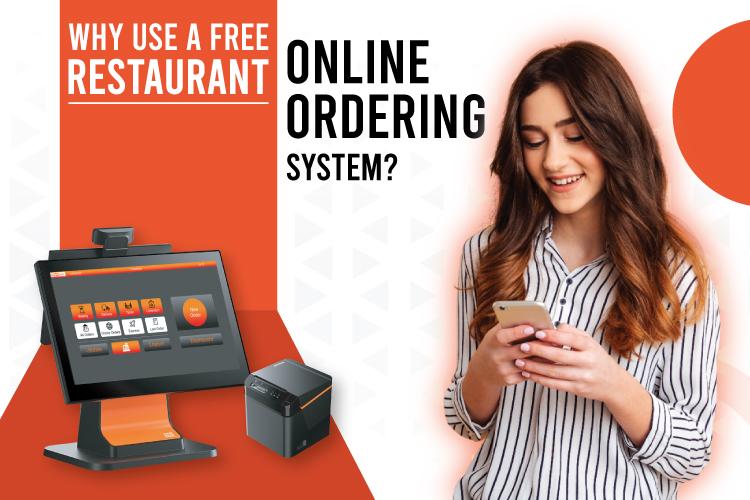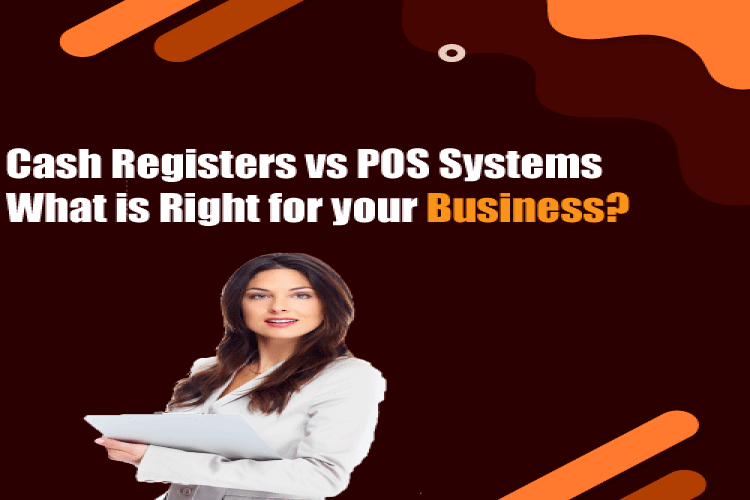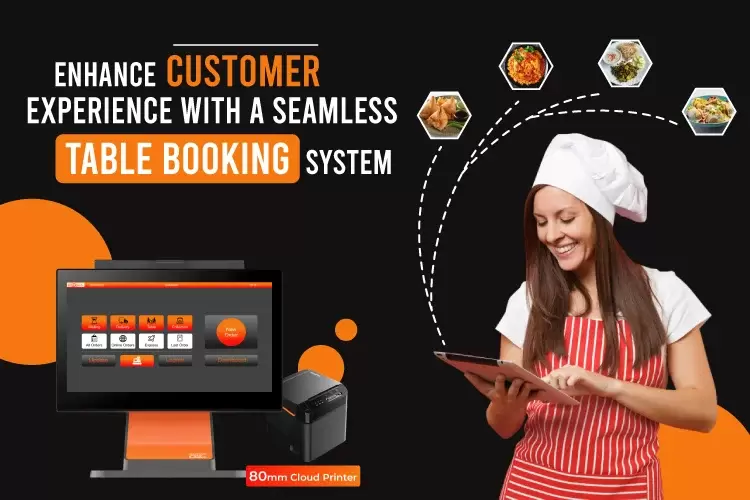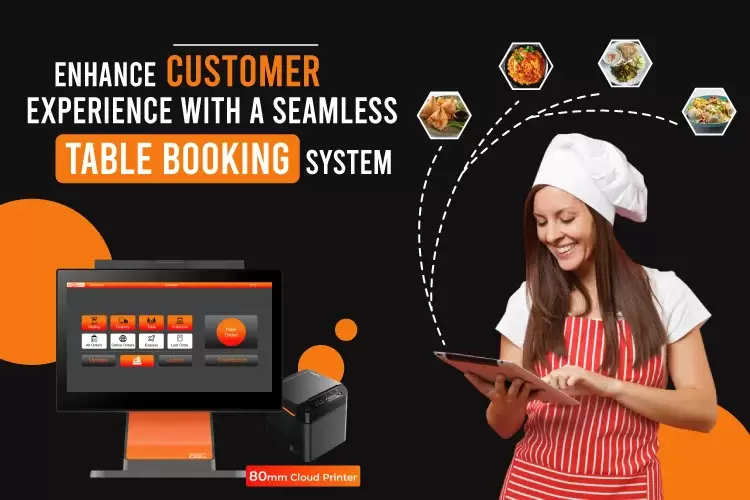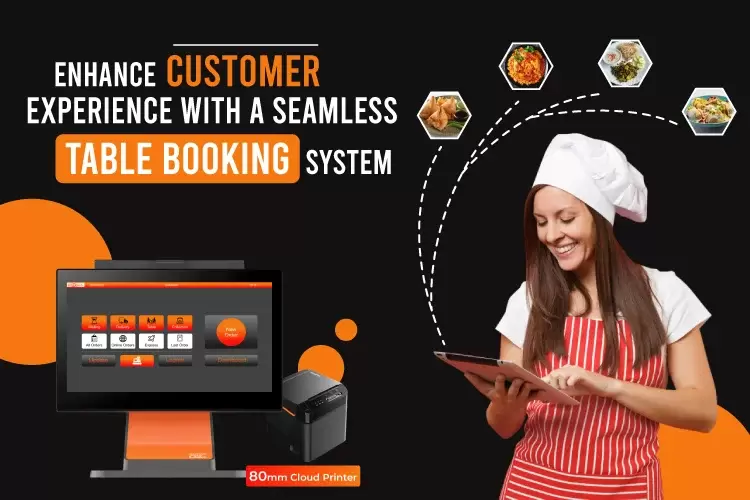
Intro
In the present-day world, small businesses always try to find ways to improve their customer services, optimize their operations, and increase their profits in a competitive market. The Electronic Point Of Sale (EPOS) system is one of the most revolutionary technologies that such companies can adopt. Initially, EPOS systems for restaurants were simply like cash registers but today have advanced capabilities that make them valuable to small businesses for improving operations, acquiring new insights, and pushing expansion. This article delves into the benefits of EPOS for small businesses and, most importantly, it justifies the need for such technology in present-day businesses as the world goes digital.
The streamlining of business operations with EPOS system:
One of the primary advantages of EPOS systems is that they can streamline business processes. These systems for restaurants save owners time and allow them to focus their efforts on key growth efforts by covering a variety of areas such as inventory management, employee scheduling, and sales tracking.
-
EPOS for restaurants provides small businesses with real-time awareness of their stock levels. It is a livestock monitoring system that automatically updates stock to make sure a company does not accidentally store excess stock or run out of the most important goods. This will enable companies to improve efficiency as well as create alarms when products are low in stock to have time to replenish them even before they run out.
-
Faster Checkout Process: An EPOS system for restaurants accelerates the checkout process, leading to shorter customer wait times. Features like touchscreen interfaces, digital payment integration, and barcode scanning utilize advanced technology to ensure swift and accurate transactions, enhancing the overall customer experience.
-
Employee Management: Many free EPOS software programs come with features for scheduling employees and tracking their performance. This enables business owners to efficiently assign shifts, keep track of hours worked, and even monitor sales performance, all from one convenient dashboard.
Enhancing Customer Experience by EPOS system:
A successful business relies heavily on satisfied customers, and EPOS devices play a crucial role in improving their experience. These systems make transactions smoother, cut down on wait times, and guarantee accuracy, all while offering valuable insights into customer preferences. By utilizing this data, businesses can provide personalized services, which helps build loyalty and promotes sustainable growth.
- Loyalty Programs and Promotions: EPOS provides systems designed to help businesses reward their loyal customers and motivate them to increase their purchases through integrated loyalty programs. Additionally, it’s easy to set up customizable discounts and promotions aimed at attracting new clients while retaining existing ones.
-
Detailed Customer Insights: EPOS devices collect valuable consumer information such as preferences and previous purchases. By examining this data, businesses can tailor their products more effectively to meet customer needs, enhancing satisfaction and fostering brand loyalty.
-
Various Payment Options: Today's consumers expect flexibility when it comes to payments. EPOS systems offer a range of options, including contactless payments, digital wallets, and credit cards. This variety simplifies the sales process by allowing customers to pay in the way that suits them best.
Driving Data-Driven Decision-Making:
Given that small businesses often operate with limited resources, it's essential for them to make decisions based on accurate and relevant data. EPOS systems empower business owners to make informed choices by providing detailed reporting and analytics.
-
Sales Analytics: Analyzing sales data allows businesses to discover trends, pinpoint best-selling products, and recognize peak hours. These insights are crucial for refining marketing strategies, customizing promotions, and effectively scheduling staff to align with demand. Furthermore, they aid in optimizing inventory management, making sure that popular items are consistently available while minimizing waste. Collectively, these enhancements boost efficiency and improve the overall customer experience.
-
Profitability Tracking: EPOS systems for restaurants provide real-time measurements of income and expenses, offering valuable insights into profit margins. By focusing on their most profitable products and services, these insights help businesses achieve consistent growth.
-
Marketing Insights: Small businesses can create targeted marketing strategies by leveraging comprehensive data on customer behavior. By utilizing information from EPOS systems, they can ensure that their marketing campaigns—whether through social media ads or email promotions—reach the intended audience effectively.
Reducing Costs and Boosting Efficiency by EPOS Systems for Small Businesses:
While buying an EPOS system might appear to be a significant initial investment, it often leads to substantial savings over time. EPOS systems enhance business efficiency by automating routine tasks and reducing the chances of human error
-
Minimized Errors: Errors that happen during manual data entry can lead to financial losses. By automating these processes, EPOS systems ensure accuracy in tracking sales, managing inventory, and setting prices.
-
Reduced Administrative Burden: EPOS systems for restaurants simplify financial management by incorporating accounting features. This automation of tax calculations, expense tracking, and invoice generation reduces the need for additional administrative support.
-
Scalability: As businesses grow, their operational needs evolve. EPOS systems are designed to be scalable, allowing small companies to expand or incorporate new features without needing to overhaul their existing setup.
Staying Competitive in a Digital World
In an era where industries are evolving through digital transformation, small businesses must adopt technology to remain competitive. EPOS systems enhance customer satisfaction and boost productivity, equipping companies with the necessary tools to rival larger enterprises.
-
Omnichannel Integration: Small businesses can manage both online and offline sales seamlessly through the integration of various EPOS systems with e-commerce platforms. This omnichannel approach ensures consistency in pricing, inventory, and customer experience.
-
Mobile and Cloud-Based Solutions: Cloud-based EPOS solutions give businesses the flexibility to access data from anywhere. With mobile EPOS systems, companies can operate at markets, festivals, or pop-up shops without losing productivity, enhancing their mobility even further.
-
Adapting to Consumer Trends: Nowadays, customers prioritize speed, convenience, and personalization. To meet these demands and stay competitive in a rapidly evolving market, small businesses can benefit from implementing an EPOS system.
Empowering Small Businesses: The Impact of EPOS Systems
EPOS systems are increasingly vital for small businesses aiming to thrive in today's competitive landscape. These systems help small business owners make informed decisions and drive growth by streamlining operations, enhancing customer experiences, and providing valuable insights. While the initial investment may appear daunting, the long-term benefits far outweigh the costs, making EPOS systems a worthwhile addition to any small business.
Implementing an EPOS system isn't just an option; it's essential in today's technology-driven landscape. An EPOS system can help you stay competitive and ensure that your small business thrives, whether you operate a retail shop, a café, or a service-oriented company.
Leave a Reply
Your email address will not be published.
